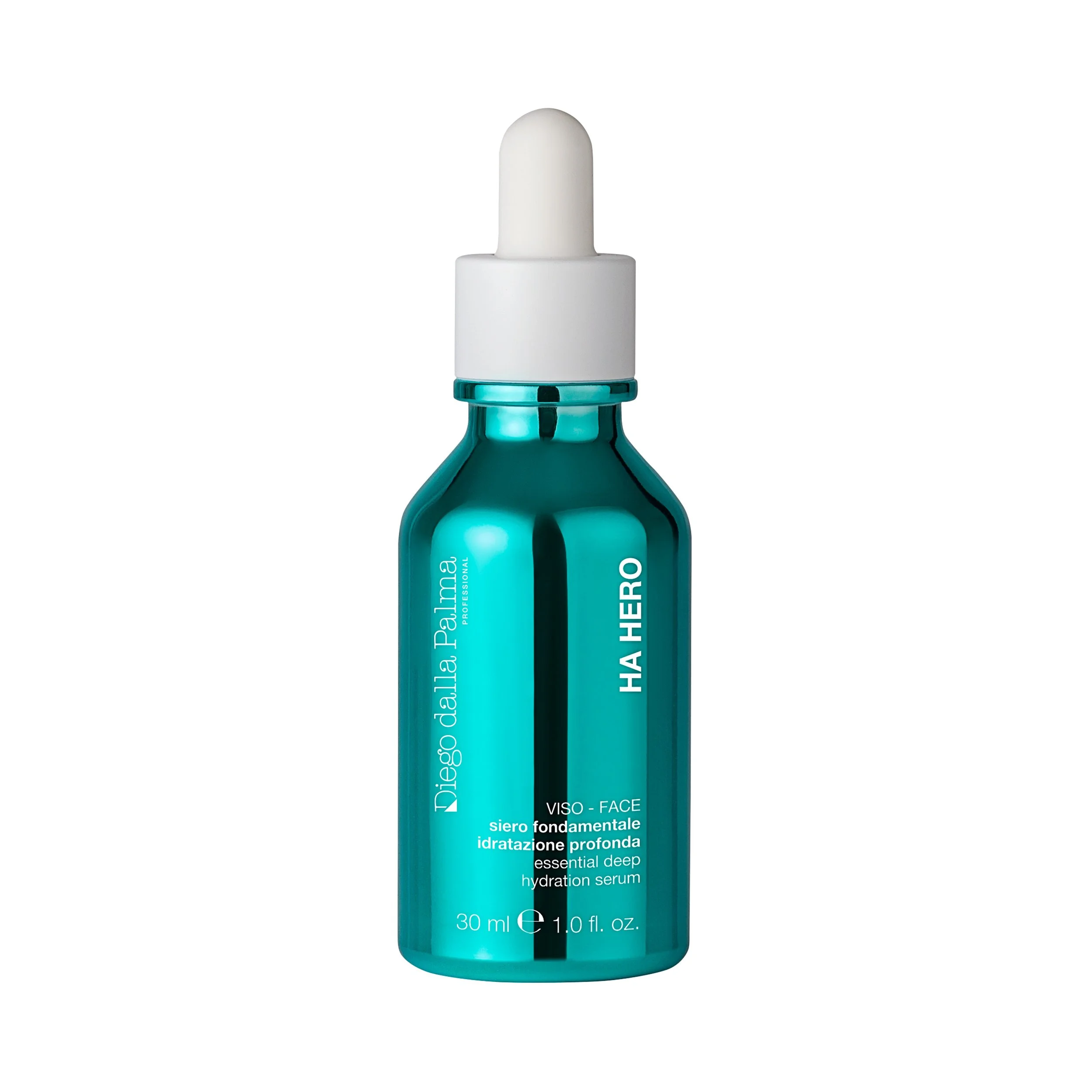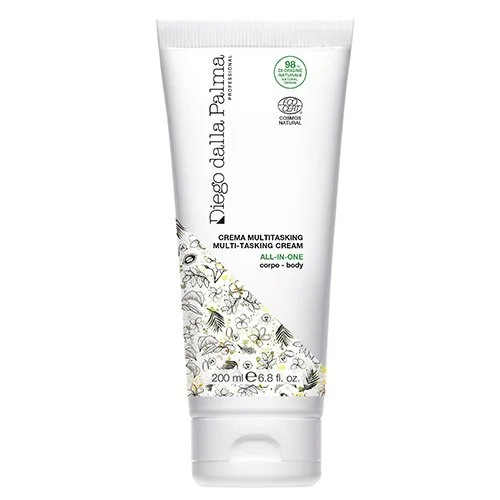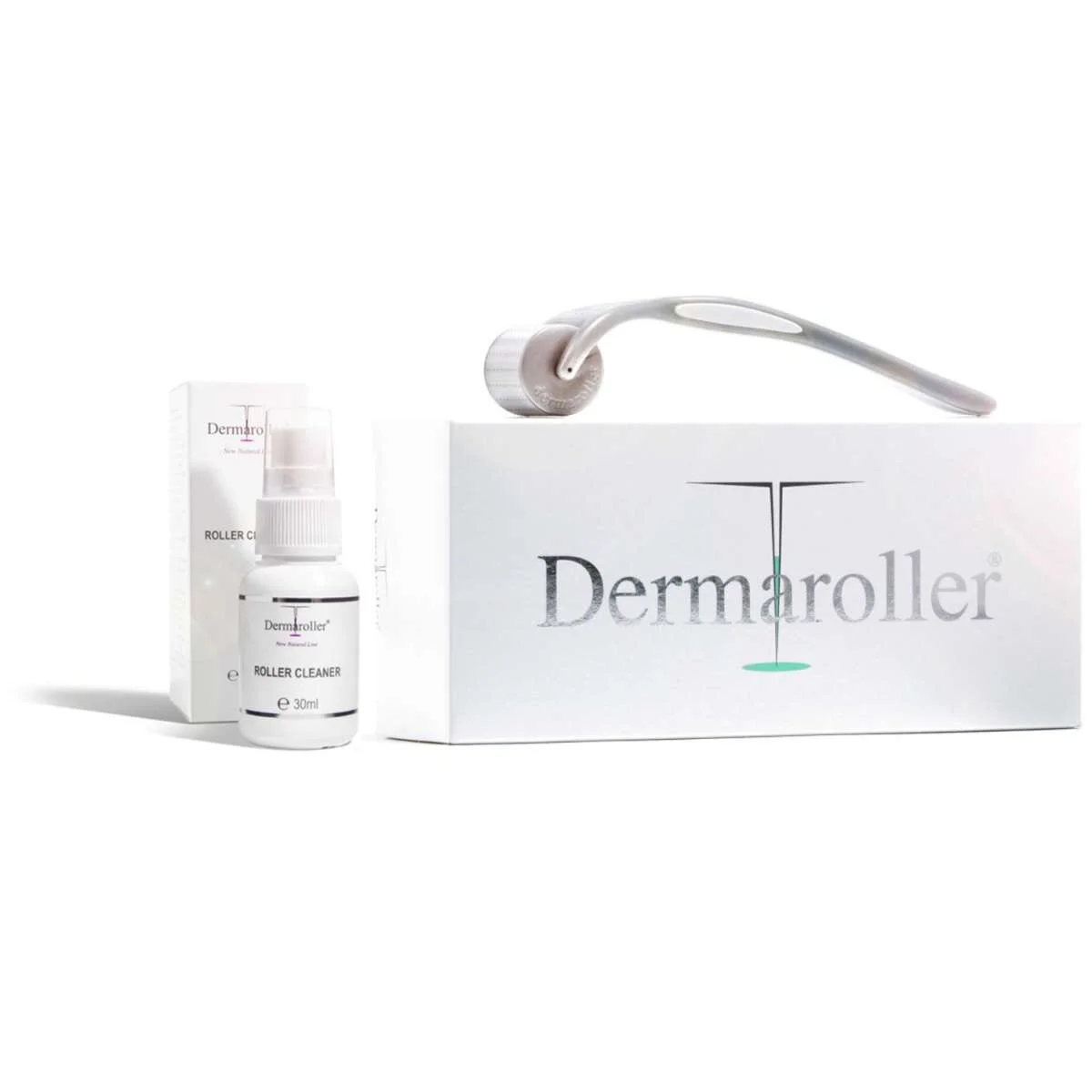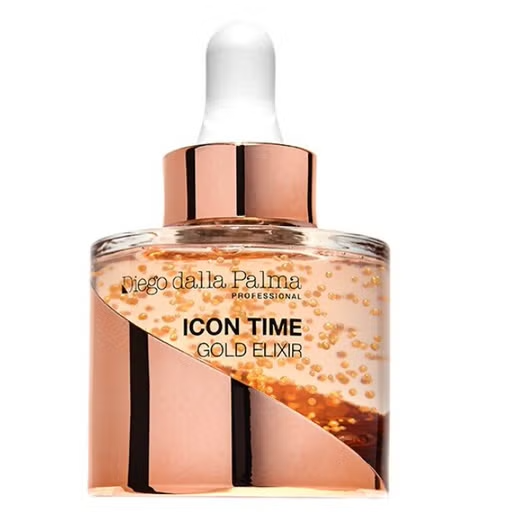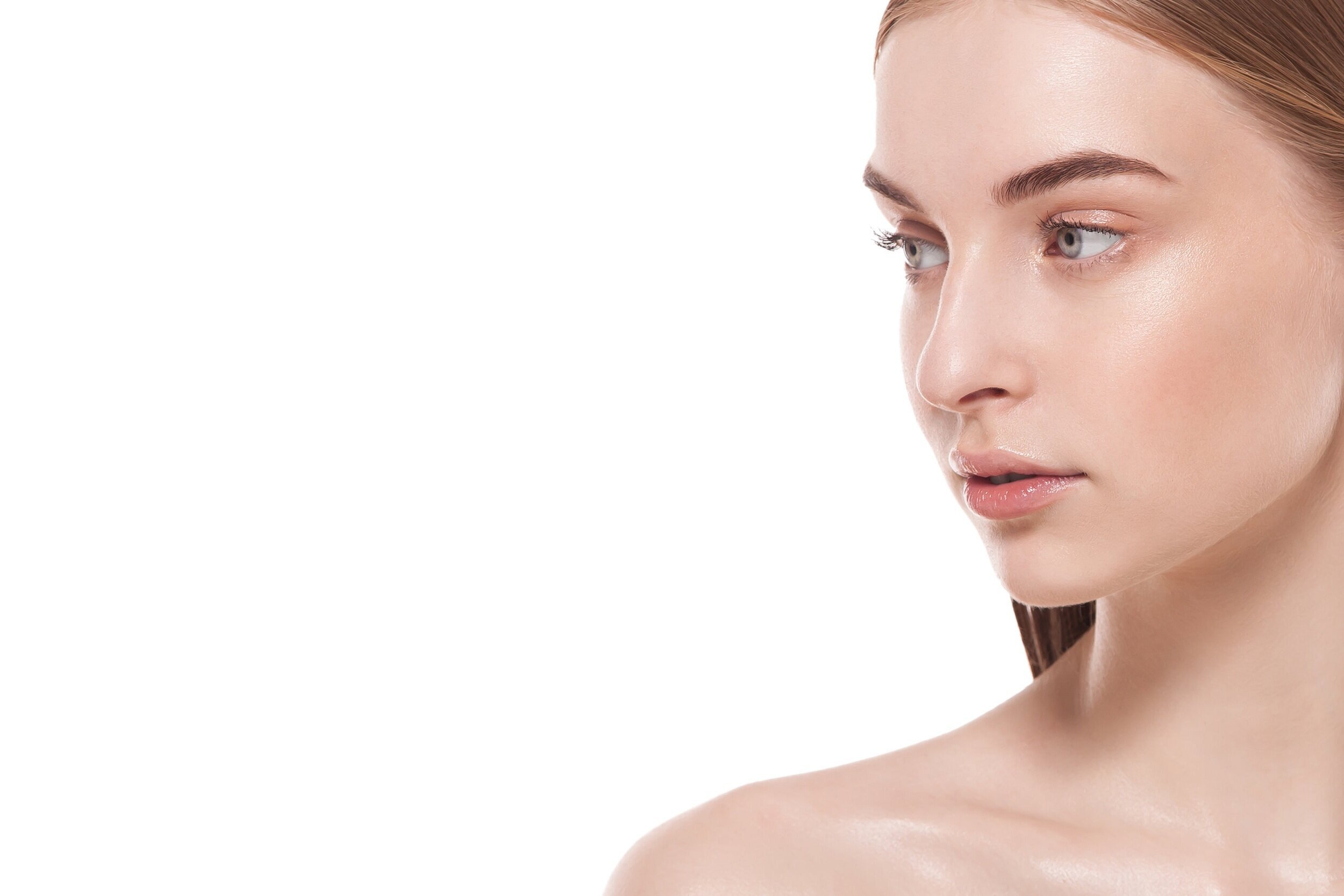
Nestled in the heart of Downtown Vancouver, LUMIÈRE Spa offers advanced anti-aging, anti-acne facial, relaxing massage and spa services designed to re-ignite your inner light and enhance your natural beauty.
Reserve a personalized skin consultation today. It’s complimentary when you book your first facial.
Your Urban Escape
Skin Health & Wellness Centre in Downtown Vancouver
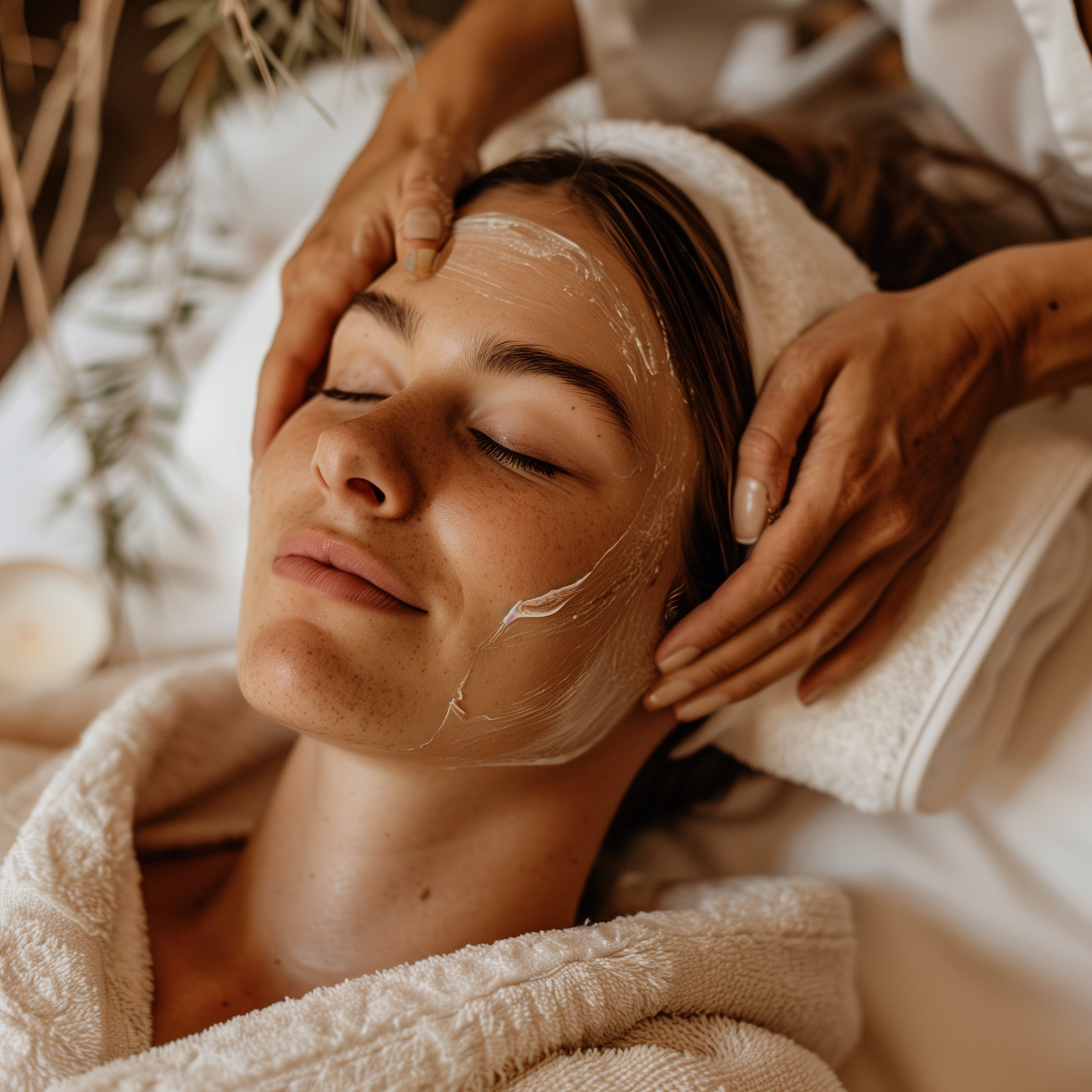
An Oasis of Inner Peace
Our spa packages make for a great gift or a relaxing self-care escape or preparing for a big day!
Safe & Effective
European Facials
Our initial 15-minute skin consultation is complimentary for our first-time facial clients. Reserve yours now!

VIP Membership Program
Choose from four popular spa membership deals or join our pre-paid membership and save up to 25%.
SPA PROMO: Book LUMIÈRE Spring Renewal Facial - Resurfacing + Hydrating Glass Facial and enjoy a complimentary LED Light Therapy upgrade!
SPA PROMO: Book LUMIÈRE Spring Renewal Facial - Resurfacing + Hydrating Glass Facial and enjoy a complimentary LED Light Therapy upgrade!
PRODUCTS WE BELIEVE IN
OUR SIGNATURE SERVICES
Nestled in the heart of downtown Vancouver, LUMIÈRE Spa is your sanctuary for radiant skin and holistic well-being. For over a decade, we’ve been dedicated to blending advanced non-invasive technologies with personalized care to deliver exceptional results tailored to your unique needs.
Age Defying Facial
Whether you’re struggling with adult acne or have lost your natural radiance, it’s never too late to turn things around by improving your skin health and overall confidence. Our non-invasive treatments work to enhance your natural beauty rather than harsh and unnatural cosmetic changes.
De-Stress Massage
Our therapeutic massage, using 100% organic skin-nourishing vegetable oil & essential oil synergy blend, is personalized as it incorporates a variety of Western and Eastern massage techniques such as swedish massage, acupressure, lymphatic drainage and reflexology, while ensuring the best individualized treatment for each guest.
Brow Beauty
Beautiful brows frame the face, enhance natural features, and create a polished, youthful look. Well-groomed brows can lift the eyes, balance facial proportions, and even soften or define expressions. Whether shaped through waxing, brow lamination or tinting, achieving the perfect brow requires attention to detail and an understanding of each individual's unique facial structure.
OUR COMPANY ETHOS
Elevating Beauty, Well-Being & Confidence Since 2014
Founded in 2014, LUMIÈRE Spa was created to help professional men & women de-stress, embrace their natural beauty and enhance their overall well-being.
Inspired by the French word for light, our mission is to illuminate each client’s radiance—inside and out through personalized, results-driven skincare.
Clients trust LUMIÈRE Spa for its holistic approach, expert care, and commitment to excellence. With a reputation for delivering visible results, we offer only the highest-quality European skincare products, rigorously tested at the University of Italy for safety and effectiveness.
At the heart of LUMIÈRE Spa is Marvice, a dedicated expert who seamlessly integrates science and nature to deliver personalized treatments in a private boutique setting. Our treatments are tailored to support each client’s unique skincare journey, blending advanced non-invasive technology with the healing power of aromatherapy for a truly transformative experience.
Celebrating 11 years of excellence, LUMIÈRE Spa remains committed to clean beauty, innovative skincare and empowering clients through education, self-care, and skincare tailored to their needs.
FROM OUR CLIENTS
About Marvice
Marvice founded LUMIÈRE Spa in 2014 having realized just how much her physical and mental health benefited from regular spa treatments.
A certified esthetician and aromatherapist, Marvice was inspired to share these same benefits with more professional women, helping them learn to age with grace and confidence and take pride in their natural beauty.
YOUR HOST
EXPERT ADVICE
At LUMIÈRE, we offer a variety of face and body treatments that help you look and feel your very best.
From microneedling and dermaplaning to medical-grade anti-aging or anti acne facials and relaxing aromatherapy massage, we’ll help you determine what’s right for you and support you throughout your journey to better skin health, confidence and relaxation.
Come see why our Vancouver massage and facial spa has captured the hearts of locals.
FREQUENTLY ASKED QUESTIONS
-
At LUMIÈRE Spa, we believe in personalized skincare. The best treatment for you depends on your skin type, current concerns, and overall skincare goals. If you are not sure, please book a complimentary skin consultation on your treatment date
-
At LUMIÈRE Spa, we create a relaxing and results-driven experience tailored to your needs.
-
Yes! At LUMIÈRE Spa, we offer package deal. We also offer exclusive membership programs designed to help you maintain radiant skin and well-being while enjoying savings.
-
The ideal frequency for facials and spa treatments depends on your skin type, concerns, and goals. Here’s a general guideline:
For general skincare maintenance: Every 4 to 6 weeks is ideal, as this aligns with the skin’s natural renewal cycle.
For specific concerns (acne, hyperpigmentation, or anti-aging): Every 2 to 3 weeks may be recommended until the skin condition improves.
For relaxation and self-care: Monthly treatments help reduce stress and maintain overall well-being.
At LUMIÈRE Spa, we customize treatment plans to suit your unique skin needs, ensuring long-term, radiant results.


